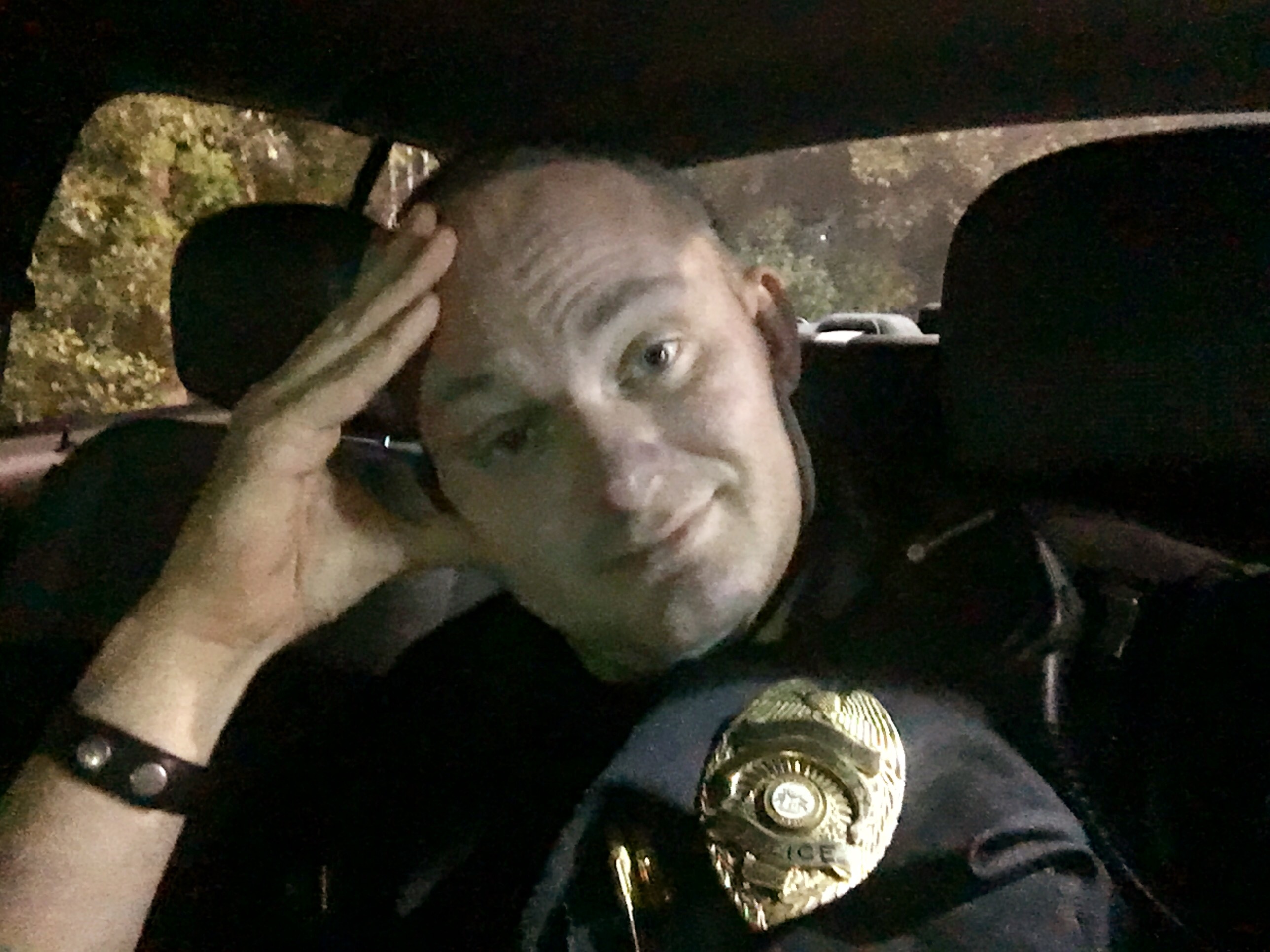Sticks and Stones May Break Our Bones, However It Will Be Words That Destroy Us.
- Lt. Tim McMillan (Ret.)

- Apr 11, 2017
- 4 min read

The adage "Sticks and stones may break my bones, but words will never hurt me." first appeared in March 1862 edition of The Christian Recorder, a publication of the African Methodist Episcopal Church in Philadelphia. The saying was entirely benign and meant only to encourage the youth to ignore taunting and teasing. However, in reality, that saying couldn't be any further from the truth, and every member of the church knew that. It was words that were used as a weapon against the entire heritage of the congregates of that church since the very beginning of European expansion in North America. True it was the slave traders that facilitated it. Yes, it was the plantation owners who encouraged it. However, it was the words of those power that sanctioned it who allowed it happen in the first place. Words are manifestations of the human mind, and the mind is the most complex, mysterious, and powerful object in the known universe. Therefore, words indeed are the most powerful known object in existence. Words are so powerful they cannot be contained to a single context. Words can uplift people and inspire others to live a better life. Conversely, words can also be used as a weapon to destroy and subjugate people. Very few objects in all of human history are as versatile as words. A gun is always a weapon; a fire always produces heat. However, words can be used to inflame or calm situations. The only difference between words that enrich and words that devastate are the manner in which they are used. Surprisingly, all humans have the capacity to use some form of language. However, we as people often use our words with careless disregard for their power. Language creates our entire sense of reality. Therefore, the words we choose to describe ourselves or our loved ones are often considered with particular reverence. This belief that words can indeed influence our material reality is something that we as humans inherently know from birth. All children at some point get upset and say that they hate someone or hope that someone dies. As a parent or adult, when we hear a child say this we instinctively correct the child, with an ominous sense of seriousness. Why do we feel compelled to impart on our children the destructive gravity of saying that you hate someone or hope for others death? That is because we all know in some fashion that words indeed influence our physical reality. Therefore, the child is taught at an early age to know that communication can be used as a powerful weapon of destruction. Unfortunately, as we grow older, we suddenly lose the actual magnitude of language. We become willing to unsympathetically use our communication as a means to uplift ourselves and simultaneously hurt others. We are prepared to unsheathe our vocabulary at any given moment to defend what is nearest and dearest to ourselves. However, we have no remorse for speaking poorly against others. In the end, it was not a coincidence that the phrase was first published in an all African American church publication. The Black church leaders knew that their children would be subject to the malicious side of communication. Therefore, the phrase “sticks and stones will break my bones, but words will never hurt me” was specially selected as a means of shielding the African American children against the words of angst that would be used against them. The tragic reality is that every single one of those children who learned the phrase in 1862 would live and die in an era where their words were dominated by the words of others, simply because of the color of their skin. Now, 155 years later, I have to wonder if we as people are still trying to live a lie that words are mere meaningless expressions. We find ourselves rationalizing seemingly inappropriate words by sucking the venom out of them and creating an alternative narrative that fits our personal feelings. In contrast, we will demonize outwardly non-threatening words and twist them to delegitimize things that are different or frighten us. In the end, that was the power of the phrase that the African Methodist Episcopal Church created in 1862. Those words were designed to galvanize and safeguard the Black youth from ever accepting weaponized words that would be used against them. Then, those kids would grow up and share that belief with their children, and the immortality of words to inspire dreams and ignite positive change would continue to flow throughout the generations. In the end, I have to wonder, what words do the generations today desire to have immortalized in history as being representative of who we are as human beings. What words do we want to pass on to our children, and what set of beliefs do we hope to inspire? Do we want to raise our children in a new reality in which we transform what was once immoral as being an updated and novel form of morality? If the morality of truth is no longer valid and instead accuracy is only dependent on how it conforms to our prevailing personal feelings, what will our children become?
Most importantly, is that newfangled conversion of our words and the impact of our collective ethical conscience truly what we want to become as human beings? Because, if we are not careful, Sticks and stones could break our bones, however words could end up destroying us all.









Comments